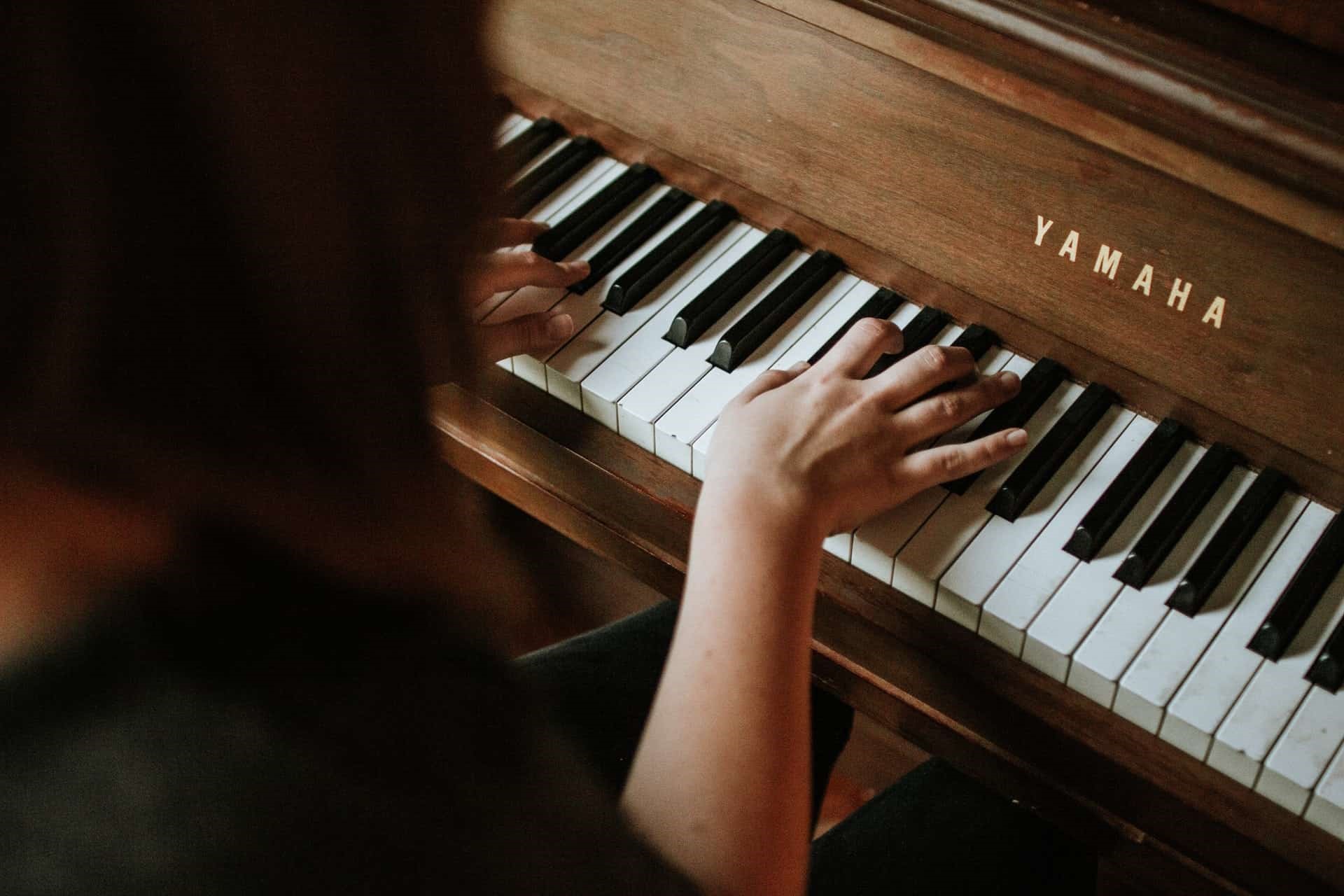There’s nothing worse than settling in to play and realising that one of your keys is sticky and doesn’t quite bounce back up after being pressed! Sticky keys are one of the more common issues that piano owners face and have a whole range of possible causes, so it can be tricky to know whether you need professional piano key repair or a simple DIY fix.
In this blog post, we’re going through a few of the most common causes of sticking piano keys, so you can isolate your problem and, if needed, call in the experts. Let’s dive right into the top causes of sticky piano keys.
1. Tight Key Bushing
Every key on your piano has two metal pins in it that help hold the key in place. These pins run through small holes in the bottom of the key, and these holes are lined with a thin felt, called bushing cloth, or just bushing. Brand new pianos usually feel a little stiff because the bushing is extra tight; that is, it’s clamping down on the rail pins more than it should. Humidity can also cause key bushing to swell up, also causing it to grip the rail pins too tightly, and this is actually one of the more common culprits when it comes to heavy keys.
It’s also one of the most complex to fix. We recommend professional help if you think this might be the issue, as adjusting or replacing the bushing demands absolute care and precision.
2. Warped Parts
Because many piano parts are made of wood, they are extremely sensitive to changes in temperature and humidity. Over time, they can warp and change shape. For example, the wood in front of the keys—called the keyslip or frontrail—can sometimes bulge, causing some of the keys to rub against it.

The keys are actually made of wood too. Even though they are often referred to as ‘ivories’, most piano keys only have a veneer of ivory or plastic, while the core beneath is wood. This means that the keys themselves can warp too, and rub against their neighbours. In these cases you should call your piano technician (or us!), and they will decide what is best to do. In rare cases we have to replace a full key but most warping can be sanded down to create enough clearance again.
3. Lack of Cleaning
Pianos need to be looked after, and the basic foundation of piano care is cleaning. Small particles can get into the piano and harm it—and this can even be something as innocuous as dust. If a lot of dirt or debris builds up, the piano’s condition can deteriorate, and this can affect the way the parts interact.
Cleaning regularly also helps turn up small items that might have fallen into the piano. When food crumbs or small objects like coins get stuck between the keys, they have less room to move, so it follows that they are likely to stick. We often find that children can accidentally drop all sorts of tiny things between the keys, but it’s a simple enough issue to fix on your own; you can slide a knife between the keys to fish out coins or use a can of compressed air for smaller objects if you’re worried about damaging the keys. If you’re not confident here, it’s best to leave it to the experts.
4. Tight Action Center Pins
Most piano owners will be familiar with hammers; these are the parts that strike the strings to create sound. The hammers are connected via moving action parts to center pins attached to the keys. If the center pins are too tight—usually due to humidity—the keys feel very heavy to play. That means that in this case, there actually isn’t anything wrong with the key at all, it only appears that way because it’s the only part you can see. Sometimes, we find that there are issues with the key and the action.

For tight center pins you will need a technician. When dealing with these we typically lubricate them or replace them if needed in our workshop.
Get help from the experts in Auckland piano repair today
Here at Piano Corner, we always deliver great results. With a wealth of experience working with pianos across the country, our technicians can help you get those keys unstuck as soon as possible.
Our piano repair cost structure is competitive and doesn’t charge you extra based on the type of piano you have. To find out more, visit our costs page, or feel free to get in touch with us directly.

